When it comes to selecting flooring for your business, it’s crucial to make a choice that not only meets your aesthetic needs but also considers factors such as durability, maintenance, and cost-effectiveness. Vinyl and ceramic tiles are popular choices for commercial spaces due to their versatility and durability. In this article, we will delve into the key differences between vinyl tiles and ceramic tiles, helping you make an informed decision for your business. 1. Durability and Longevity: Ceramic tiles are renowned for their exceptional durability. Made from natural materials such as clay, sand, and water, ceramic tiles are resistant to scratches, stains, and moisture. They are an ideal choice for areas with heavy foot traffic, such as hallways and entryways. On the other hand, vinyl tiles are also durable, but they may not be as resistant to heavy or sharp objects. Although vinyl tiles are less prone to cracking than ceramic tiles, they may need to be replaced more frequently in high-traffic areas.
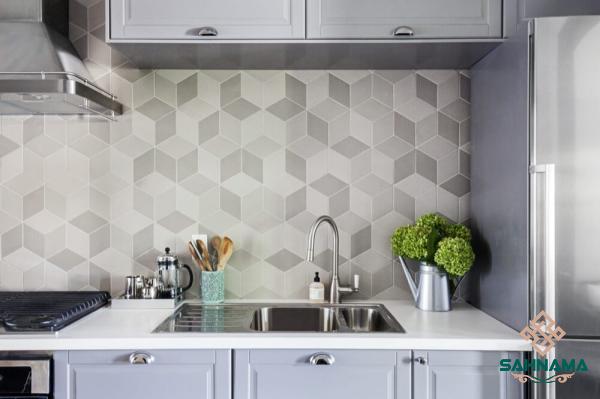
.
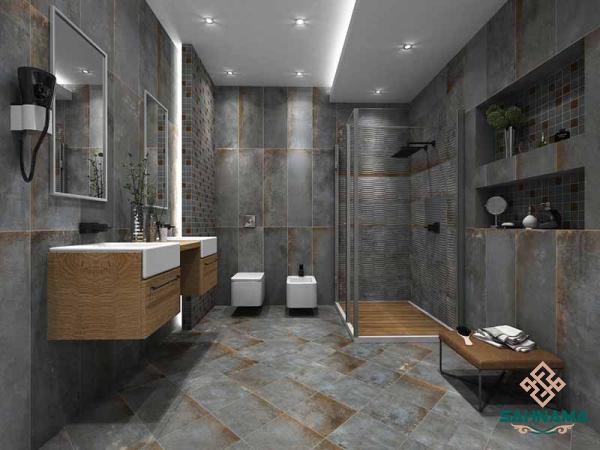 2. Versatility and Design: Ceramic tiles offer a wide range of design options and can be customized to match any aesthetic. The manufacturing process allows for intricate patterns, textures, and finishes, making them suitable for businesses that prioritize a sophisticated appearance, such as upscale restaurants or boutique hotels. Vinyl tiles, on the other hand, have made significant advancements in design and can now mimic a variety of natural materials, including wood, stone, and even metal. They offer the advantage of versatility, enabling businesses to achieve a desired look at a more affordable price.
2. Versatility and Design: Ceramic tiles offer a wide range of design options and can be customized to match any aesthetic. The manufacturing process allows for intricate patterns, textures, and finishes, making them suitable for businesses that prioritize a sophisticated appearance, such as upscale restaurants or boutique hotels. Vinyl tiles, on the other hand, have made significant advancements in design and can now mimic a variety of natural materials, including wood, stone, and even metal. They offer the advantage of versatility, enabling businesses to achieve a desired look at a more affordable price.
..
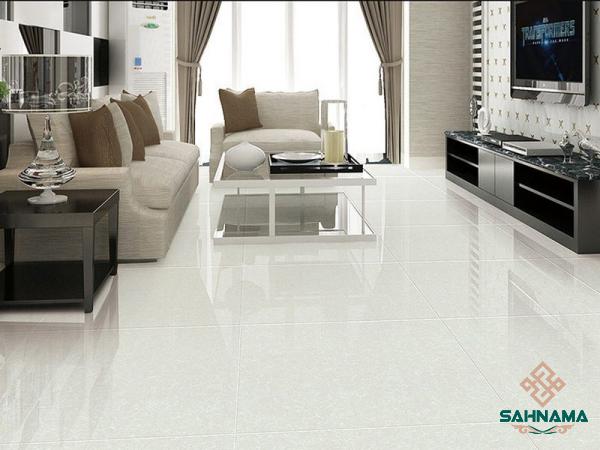 3. Maintenance and Cleaning: Both vinyl and ceramic tiles are relatively easy to maintain. Ceramic tiles require periodic sealing to prevent stains and excessive moisture absorption. Regular sweeping and mopping will keep them looking clean and new. Vinyl tiles are low-maintenance as they are resistant to staining and moisture, making them suitable for areas with higher chances of spillage, such as kitchens or bathrooms. Vinyl tiles can be easily cleaned with regular sweeping or mopping, requiring less rigorous maintenance compared to ceramic tiles. 4. Cost and Installation: In terms of cost, vinyl tiles generally offer a more affordable option than ceramic tiles.
3. Maintenance and Cleaning: Both vinyl and ceramic tiles are relatively easy to maintain. Ceramic tiles require periodic sealing to prevent stains and excessive moisture absorption. Regular sweeping and mopping will keep them looking clean and new. Vinyl tiles are low-maintenance as they are resistant to staining and moisture, making them suitable for areas with higher chances of spillage, such as kitchens or bathrooms. Vinyl tiles can be easily cleaned with regular sweeping or mopping, requiring less rigorous maintenance compared to ceramic tiles. 4. Cost and Installation: In terms of cost, vinyl tiles generally offer a more affordable option than ceramic tiles.
…
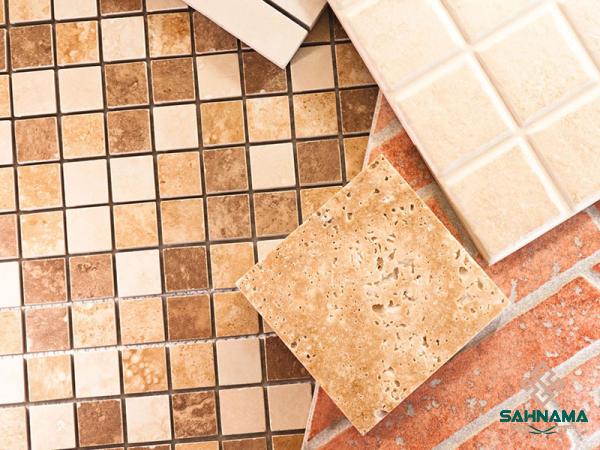 This is especially important for businesses looking for cost-effective solutions without compromising on quality. Additionally, vinyl tiles are often quicker to install, as they can be easily glued down or interlocked, whereas ceramic tiles require additional steps such as grouting and professional installation. Conclusion: Both vinyl and ceramic tiles have their own unique advantages and are well-suited for different business environments. Ceramic tiles offer durability, versatility, and design options but come at a higher cost. Vinyl tiles provide a cost-effective and easy-to-install alternative, offering a variety of design options that can replicate the look of natural materials. Consider your budget, specific business needs, and personal preferences to make an informed decision.
This is especially important for businesses looking for cost-effective solutions without compromising on quality. Additionally, vinyl tiles are often quicker to install, as they can be easily glued down or interlocked, whereas ceramic tiles require additional steps such as grouting and professional installation. Conclusion: Both vinyl and ceramic tiles have their own unique advantages and are well-suited for different business environments. Ceramic tiles offer durability, versatility, and design options but come at a higher cost. Vinyl tiles provide a cost-effective and easy-to-install alternative, offering a variety of design options that can replicate the look of natural materials. Consider your budget, specific business needs, and personal preferences to make an informed decision.

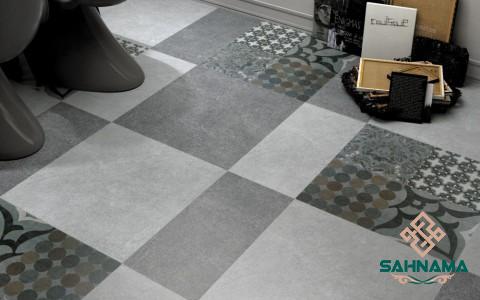

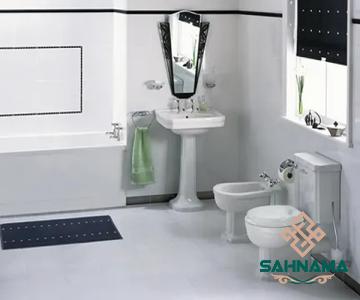
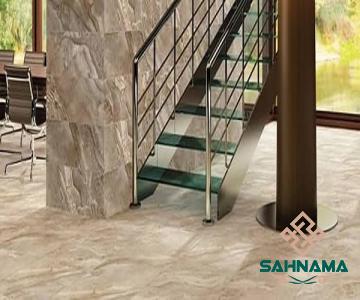
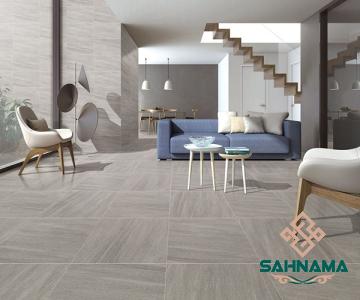
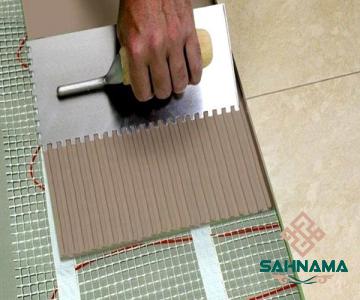

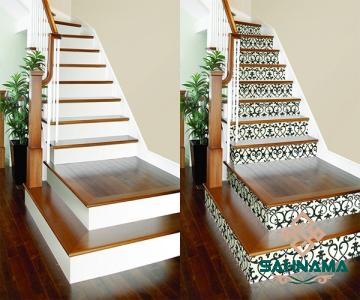
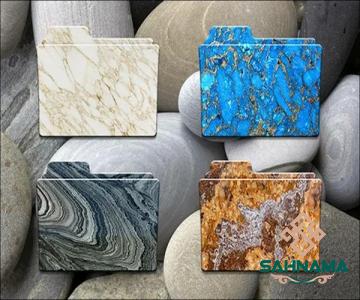
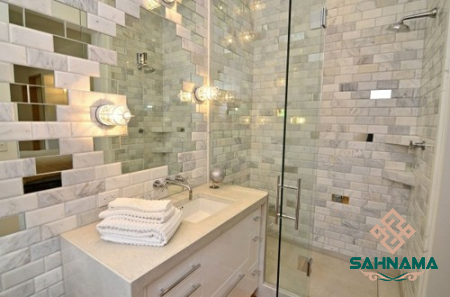
Your comment submitted.